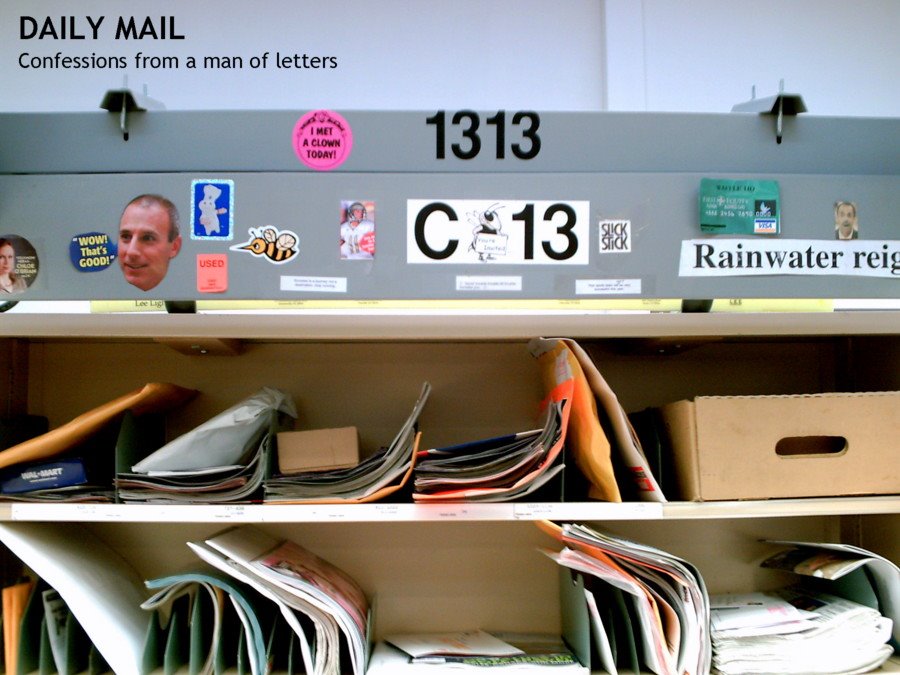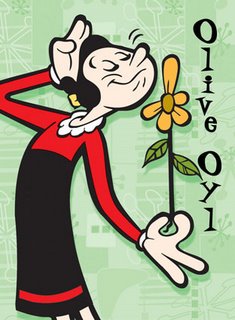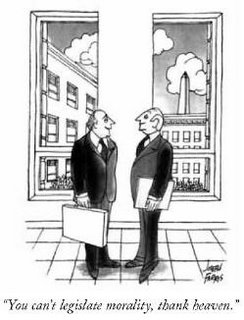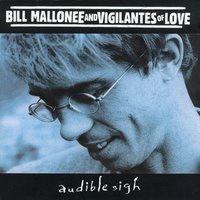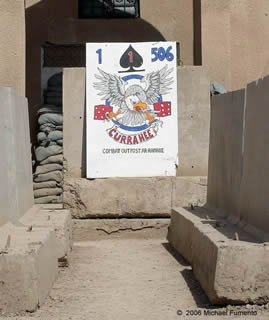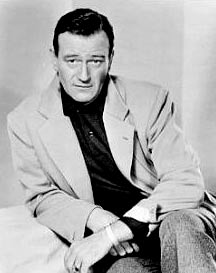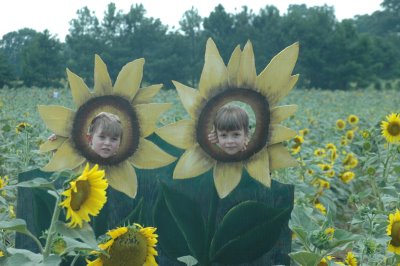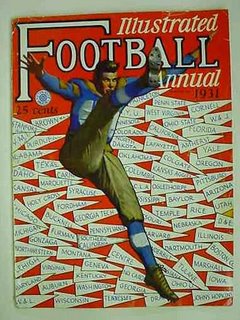The last enemy to be destroyed is death.
1 Corinthians 15:26
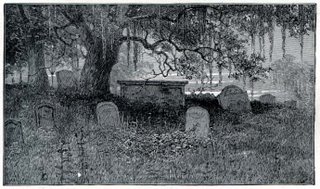
We must always remember that death is an enemy. There is nothing about death that is "the way it should be." I have heard death spoken of as "just a part of life." There are idealized notions of death and how wonderful it can be (Michael Schiavo and his lawyer describing Terri Schiavo's death comes to mind). There was a time in this country when graveyard tours were popular and the death of children was romanticized. These ideas are often given a biblical justification. Paul says in Philippians, "For to me to live is Christ, and to die is gain." Now certainly it is great gain to "depart and be with Christ, for that is far better." But this does not mean that the physical death that leads us there is anything but horrible.
We should not think of death without thinking of sin, nor of sin without thinking of death. Death is the direct result of sin, and there is nothing glorious or beautiful about sin. Death may result from great courage and valor. We may honor and remember well those who have died. But death itself is "the king of terrors" (Job 18:14).
It is ironic that atheists and the like are the ones who seem most desirous to bring about death (just look at abortion, euthanasia, etc.). If they really believe physical death is the end of existence, why are they so eager for it? I guess because death is just a wonderful little part of life. Christians, however, realize that life is a precious gift and that death is the most
unnatural of things. It is not part of how we were created. To see this, look at Christ. He is the archetypal human. He was without sin. Death, therefore, could not hold him. From God's perspective Christ is
natural. He is the way things "ought to be." Life is good; death is an enemy.

Two of Dylan Thomas' better known poems express well the truth that death is an enemy. One I have taken as the title of this post, and the other is "
Do Not Go Gentle Into That Good Night." (You can hear him read the poem himself
here.)
Do not go gentle into that good night,
Old age should burn and rave at close of day;
Rage, rage against the dying of the light.
Though wise men at their end know dark is right,
Because their words had forked no lightning they
Do not go gentle into that good night.
Good men, the last wave by, crying how bright
Their frail deeds might have danced in a green bay,
Rage, rage against the dying of the light.
Wild men who caught and sang the sun in flight,
And learn, too late, they grieved it on its way,
Do not go gentle into that good night.
Grave men, near death, who see with blinding sight
Blind eyes could blaze like meteors and be gay,
Rage, rage against the dying of the light.
And you, my father, there on the sad height,
Curse, bless me now with your fierce tears, I pray.
Do not go gentle into that good night.
Rage, rage against the dying of the light.



